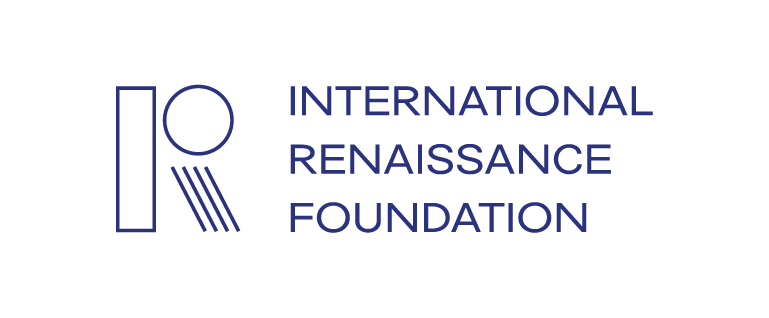6th Ukraine Breakfast Debate with Vladyslav Herasymenko

On 5 April 2018, the sixth Ukraine Breakfast Debate of the project “Platform for Analytics and Intercultural Communication” (PAIC) took place at the Institute for European Politics in Berlin. This time, Vladyslav Herasymenko from the think tank TEXTY.org.ua shed a light on the situation of open data in Ukraine and discussed with our guests challenges and chances of the provision of open data and its great importance for the Ukrainian reform process.
Herasymenko started his presentation by introducing the activities of his organization which focuses on the analysis of public accessible data, data journalism, education of open data activists, and the support of government institutions in optimizing their data publication. Major projects include a cooperation between TEXTY.org.ua and the Ministry of Infrastructure of Ukraine to analyze rail traffic and the detection of corrupt practices in the system of public parking in Kyiv by evaluating monitoring cameras.
To first step towards open data in Ukraine sees Herasymenko in the law “On Access to Public Information” in 2011, which foresaw to give persons access to collected data on request.
After the Euromaidan Revolution and especially since 2015, greater progress has been made. The launch of public data portals – such as the data portal of the government – the electronic procurement system “ProZorro” as well as the electronic asset declarations system for government officials “e‑declarations” are here to mention, according to Herasymenko. The provision of data by the government extended further by civil society initiatives which inter alia publicize data on Ukrainian companies or analyze electronic asset declarations. Thanks to the progress made, Ukraine advanced from the 54th position (2015) to the 31st position (2016) of the Open Data Index. Especially three out of 15 categories (Government Budget, National Laws, Company Register) scored 100% in all accessability criteria.
Challenges concerning official statistics on regional and national level, as Herasymenko stated, especially showed in the insufficient control of the timeliness of data and the lack of legal responsibility for the publication of imperfect data. In addition, the competences to use public accessible data and a common understanding about the importance of open data are not sufficiently established among officials and citizens.
In the ensuing discussion the guests of the Breakfast Debate, mainly from the journalistic, academic and diplomatic spheres, were particularly interested in fields of cooperation between the civil society and the administration in regard to open data. In this context questions about the importance of organizations like TEXTY.org.ua were addressed and how their work could be supported by Western donors to promote transparency, free access to data, and control of the government by the civil society.
Vladyslav Herasymenko is an analyst, programmer and data journalist at TEXTY.org.ua and specializes in data processing, analysis and interactive visualization. TEXTY.org.ua as a platform for data journalism strengthens transparency in the Ukrainian administration and contributes to informed decision-making by analyzing great amounts of data and – via visualization – making them comprehensible for large audiences. In their publications, TEXTY.org.ua works with data inter alia on public spending, education, elections, transport, urbanistics, and communication.
The Ukraine Breakfast Debates take place under the project “Platform for Analytics and Intercultural Communication” (PAIC) at the Institute for European Politics (IEP) in Berlin. Designed as a place for discussion, experts from Ukrainian think tanks present current topics which are afterwards discussed with guests over croissants and coffee.
The project “Platform for Analytics and Intercultural Communication” (PAIC) is conducted by the Institute for European Politics e. V. (IEP, Berlin), in cooperation with the International Renaissance Foundation (IRF, Kiev), the Ilko Kucheriv Democratic Initiatives Foundation (DIF, Kiev) and the think tank initiative think twice UA (Kiev), supported by the Federal Foreign Office of Germany in 2017–2018.



